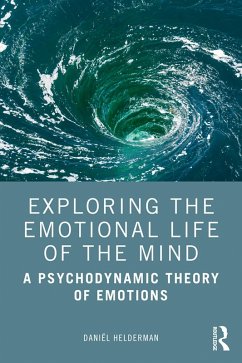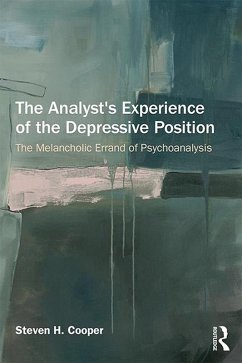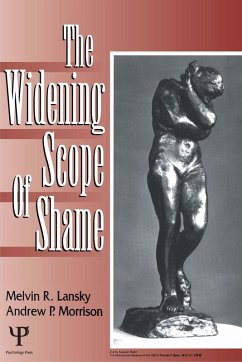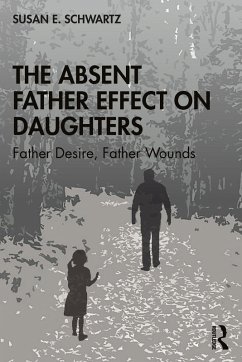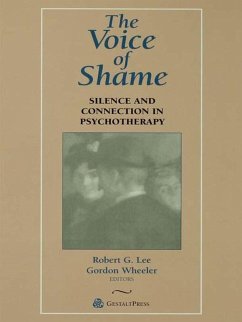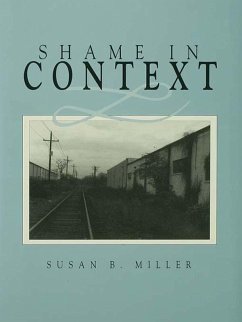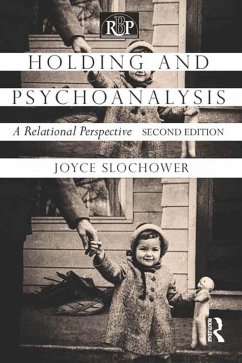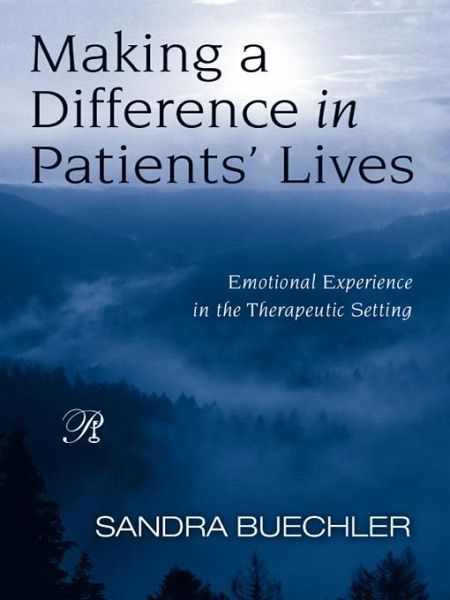
Making a Difference in Patients' Lives (eBook, PDF)
Emotional Experience in the Therapeutic Setting
Versandkostenfrei!
Sofort per Download lieferbar
43,95 €
inkl. MwSt.
Weitere Ausgaben:

PAYBACK Punkte
22 °P sammeln!
Winner of the 2009 Gradiva Award for Outstanding Psychoanalytic Publication!Within the title of her book, Making a Difference in Patients' Lives, Sandra Buechler echoes the hope of all clinicians. But, she counters, experience soon convinces most of us that insight, on its own, is often not powerful enough to have a significant impact on how a life is actually lived. Many clinicians and therapists have turned toward emotional experience, within and outside the treatment setting, as a resource. How can the immense power of lived emotional experience be harnessed in the service of helping patien...
Winner of the 2009 Gradiva Award for Outstanding Psychoanalytic Publication!
Within the title of her book, Making a Difference in Patients' Lives, Sandra Buechler echoes the hope of all clinicians. But, she counters, experience soon convinces most of us that insight, on its own, is often not powerful enough to have a significant impact on how a life is actually lived. Many clinicians and therapists have turned toward emotional experience, within and outside the treatment setting, as a resource. How can the immense power of lived emotional experience be harnessed in the service of helping patients live richer, more satisfying lives?
Most patients come into treatment because they are too anxious, or depressed, or don't seem to feel alive enough. Something is wrong with what they feel, or don't feel. Given that the emotions operate as a system, with the intensity of each affecting the level of all the others, it makes sense that it would be an emotional experience that would have enough power to change what we feel. But, ironically, the wider culture, and even psychoanalysts, seem to favor "solutions" that aim to mute emotionality, rather than relying on one emotion to modify another. We turn to pharmaceutical, cognitive, or behavioral change to make a difference in how life feels. Because we are afraid of emotional intensity, we cut off our most powerful source of regulation.
In clear, jargon-free prose that utilizes both clinical vignettes and excerpts from poetry, art, and literature, Buechler explores how the power to feel can become the power to change. Through an active empathic engagement with the patient and an awareness of the healing potential inherent in each of our fundamental emotions, the clinician can make a substantial difference in the patient's capacity to embrace life.
Within the title of her book, Making a Difference in Patients' Lives, Sandra Buechler echoes the hope of all clinicians. But, she counters, experience soon convinces most of us that insight, on its own, is often not powerful enough to have a significant impact on how a life is actually lived. Many clinicians and therapists have turned toward emotional experience, within and outside the treatment setting, as a resource. How can the immense power of lived emotional experience be harnessed in the service of helping patients live richer, more satisfying lives?
Most patients come into treatment because they are too anxious, or depressed, or don't seem to feel alive enough. Something is wrong with what they feel, or don't feel. Given that the emotions operate as a system, with the intensity of each affecting the level of all the others, it makes sense that it would be an emotional experience that would have enough power to change what we feel. But, ironically, the wider culture, and even psychoanalysts, seem to favor "solutions" that aim to mute emotionality, rather than relying on one emotion to modify another. We turn to pharmaceutical, cognitive, or behavioral change to make a difference in how life feels. Because we are afraid of emotional intensity, we cut off our most powerful source of regulation.
In clear, jargon-free prose that utilizes both clinical vignettes and excerpts from poetry, art, and literature, Buechler explores how the power to feel can become the power to change. Through an active empathic engagement with the patient and an awareness of the healing potential inherent in each of our fundamental emotions, the clinician can make a substantial difference in the patient's capacity to embrace life.
Dieser Download kann aus rechtlichen Gründen nur mit Rechnungsadresse in A, B, BG, CY, CZ, D, DK, EW, E, FIN, F, GR, HR, H, IRL, I, LT, L, LR, M, NL, PL, P, R, S, SLO, SK ausgeliefert werden.




